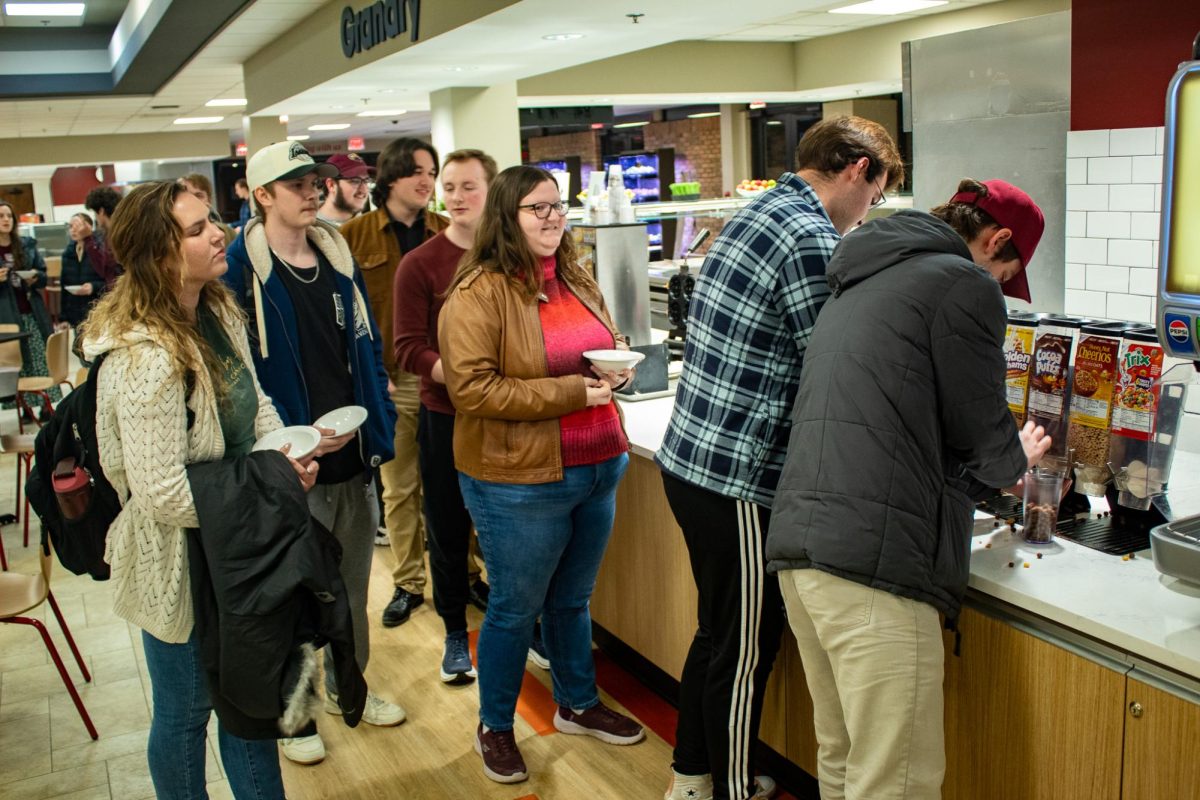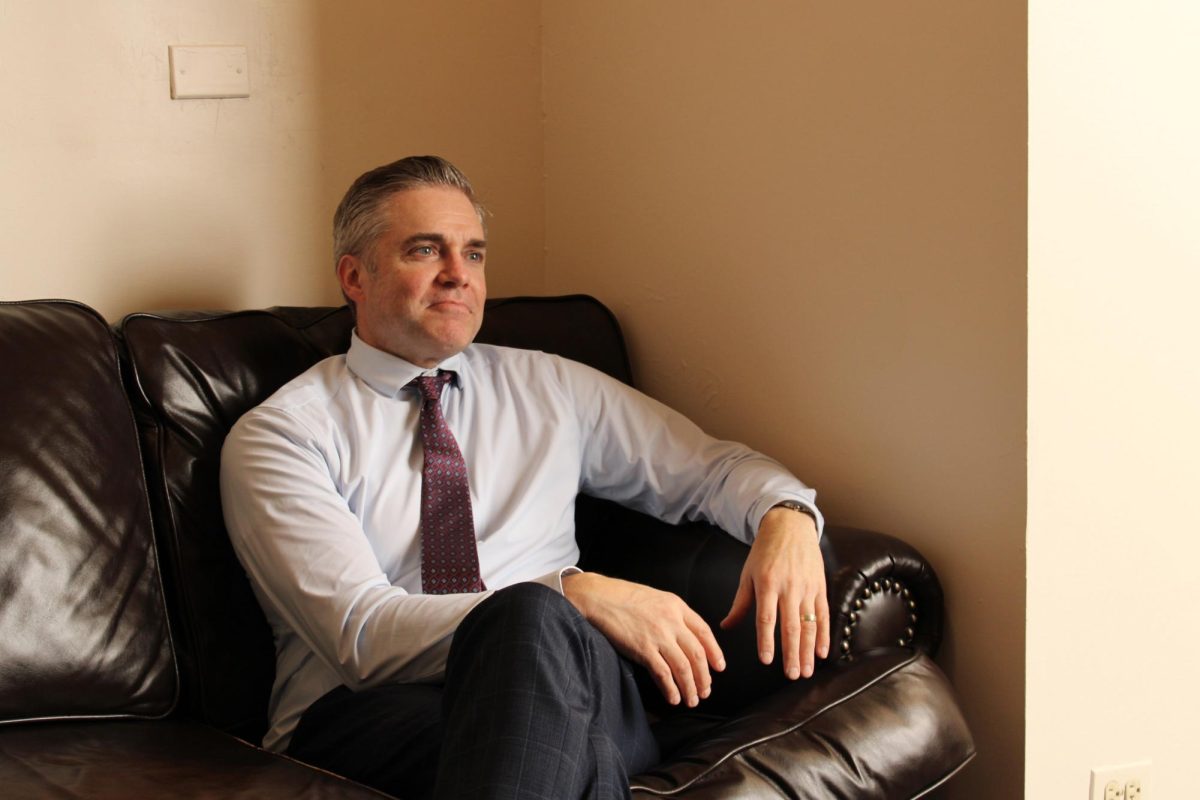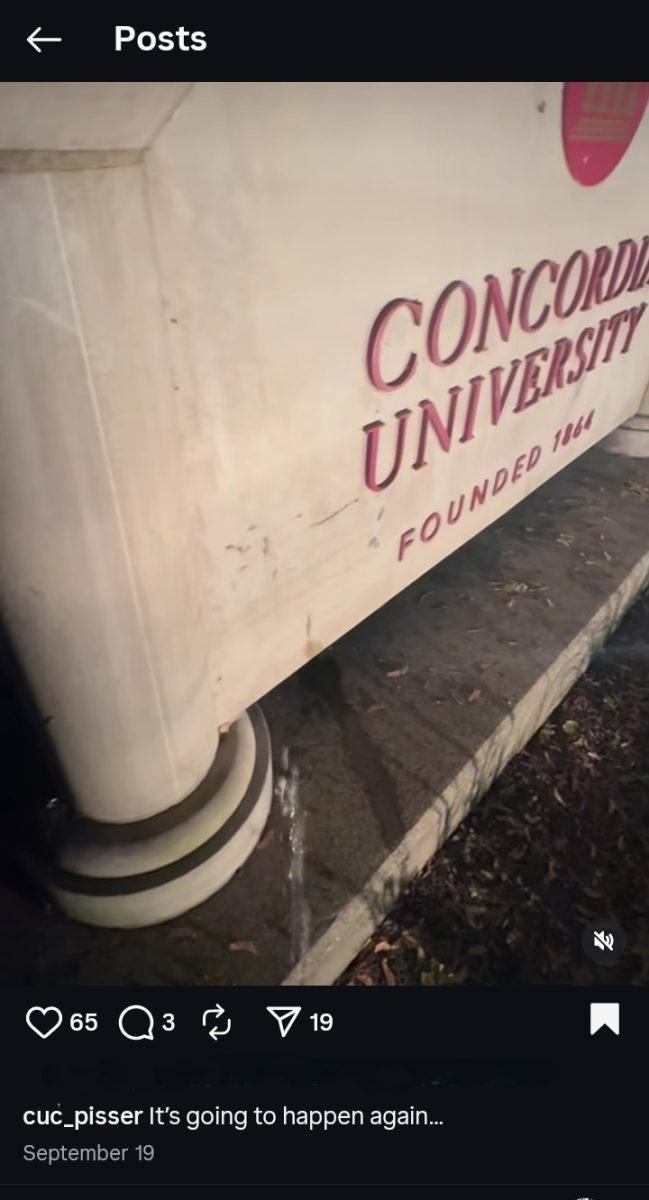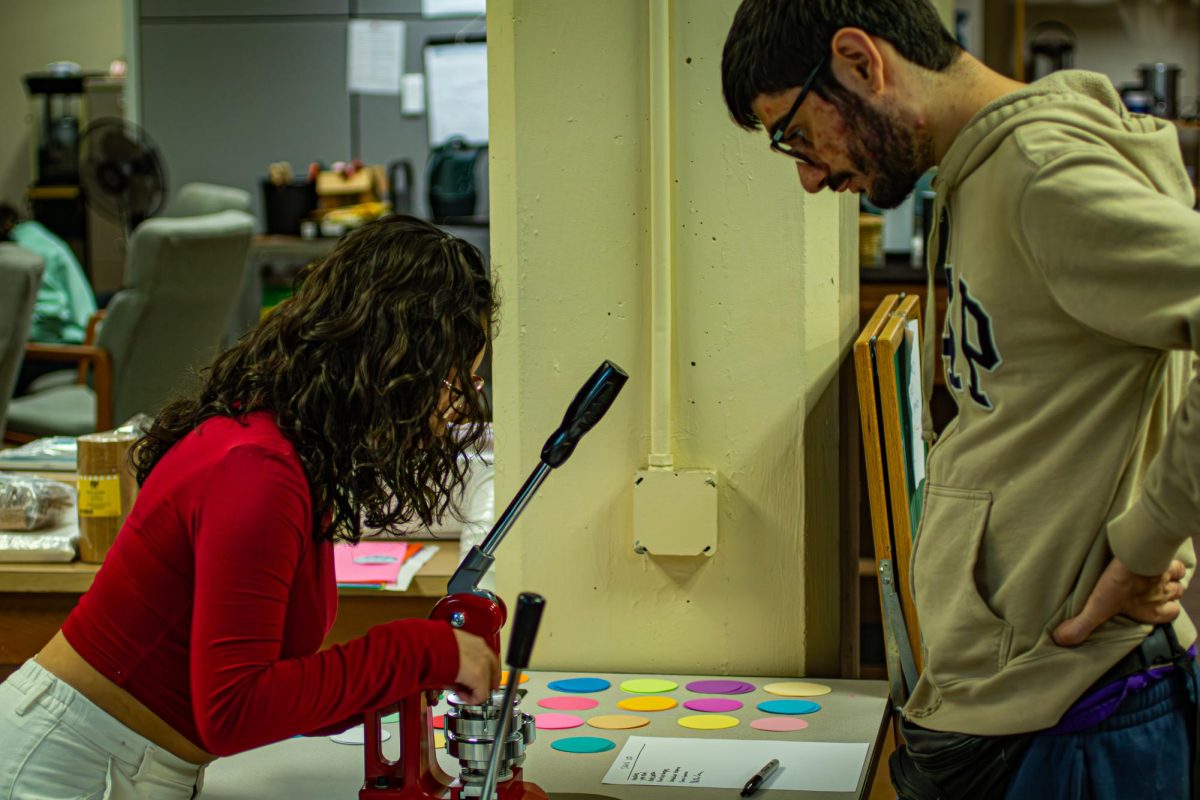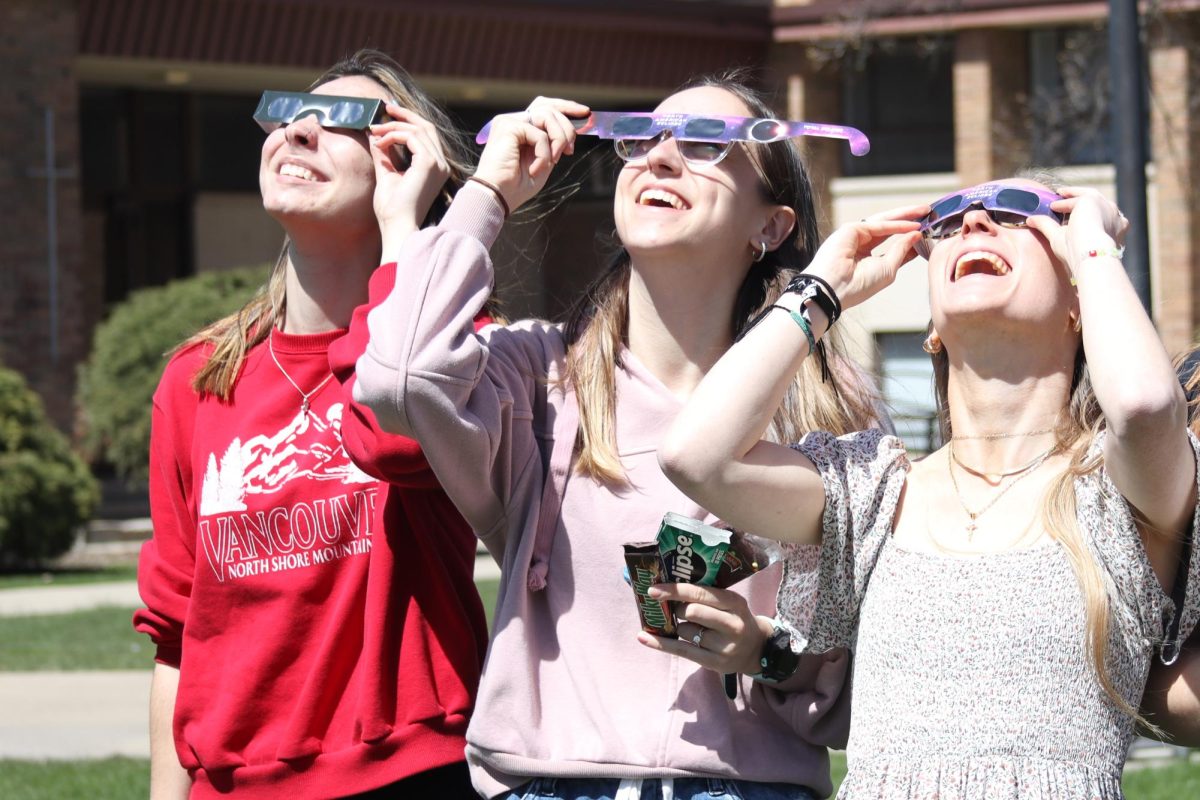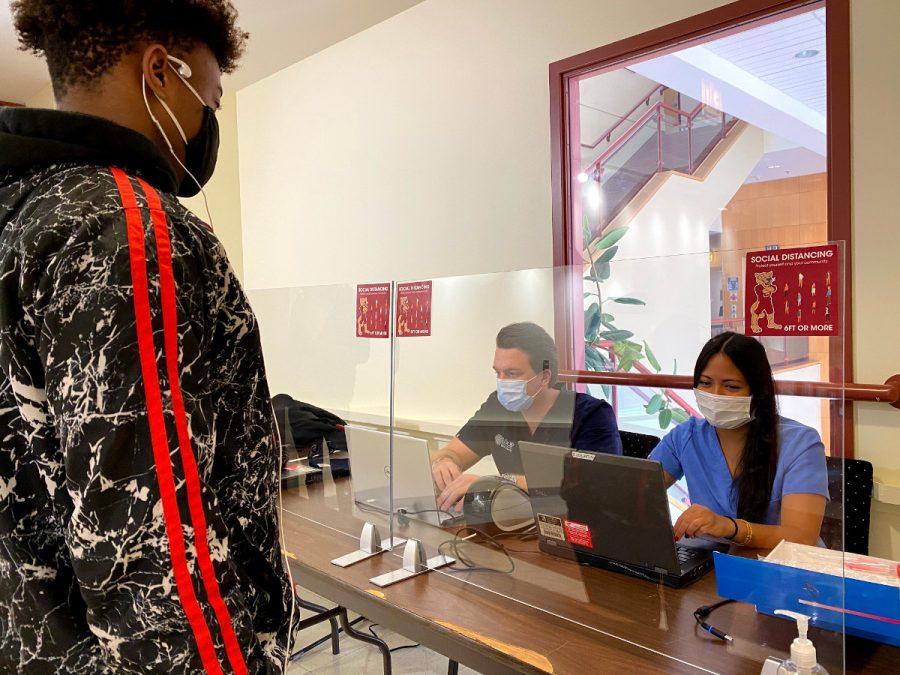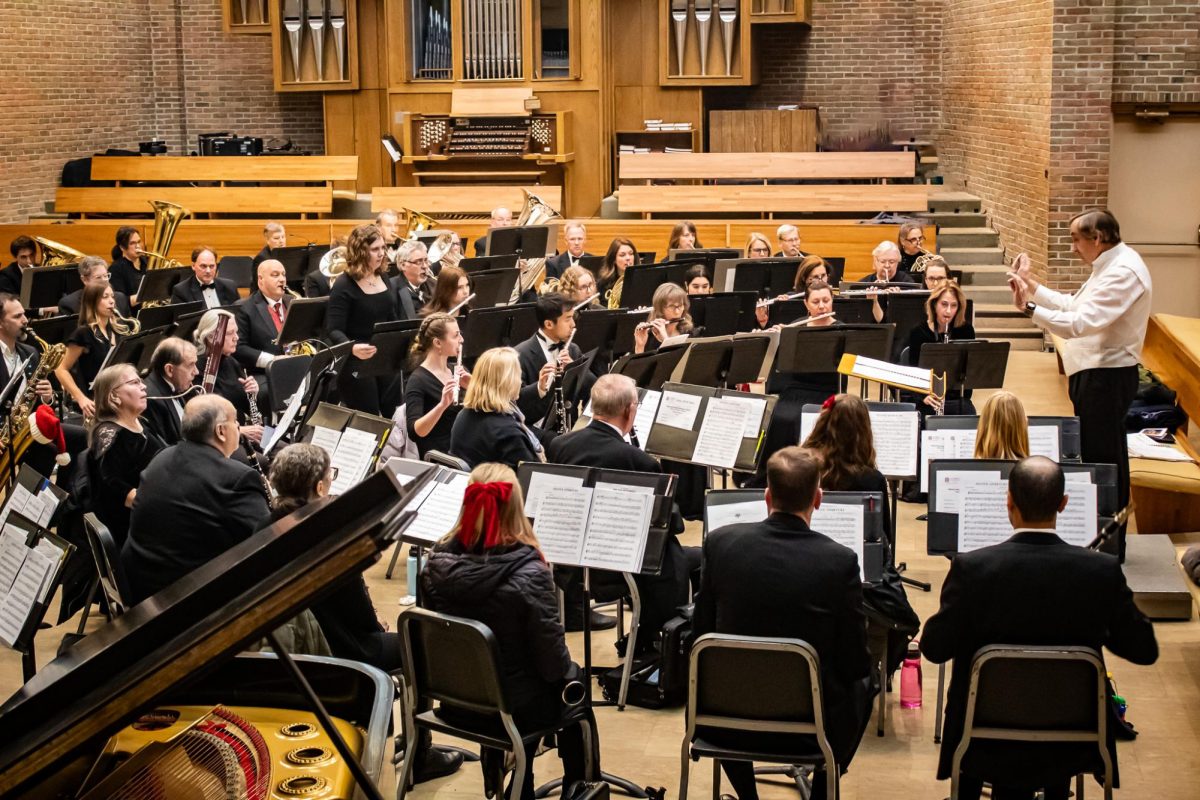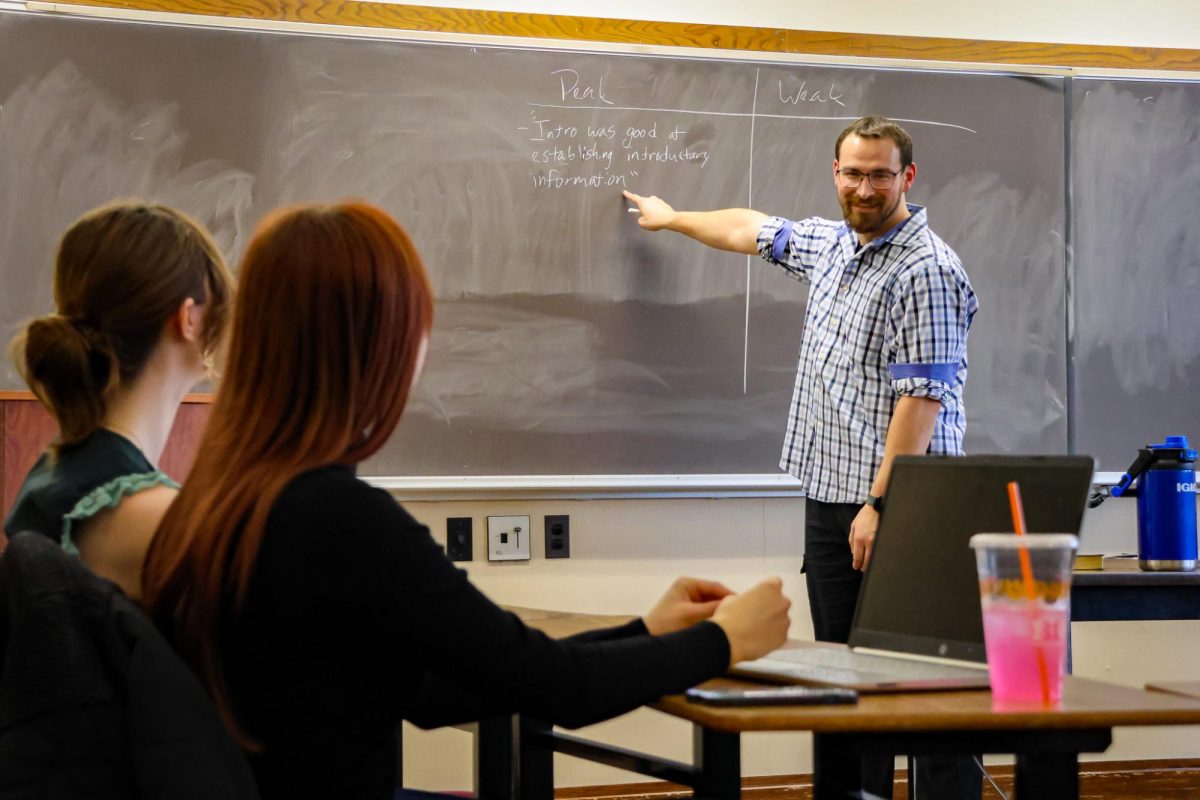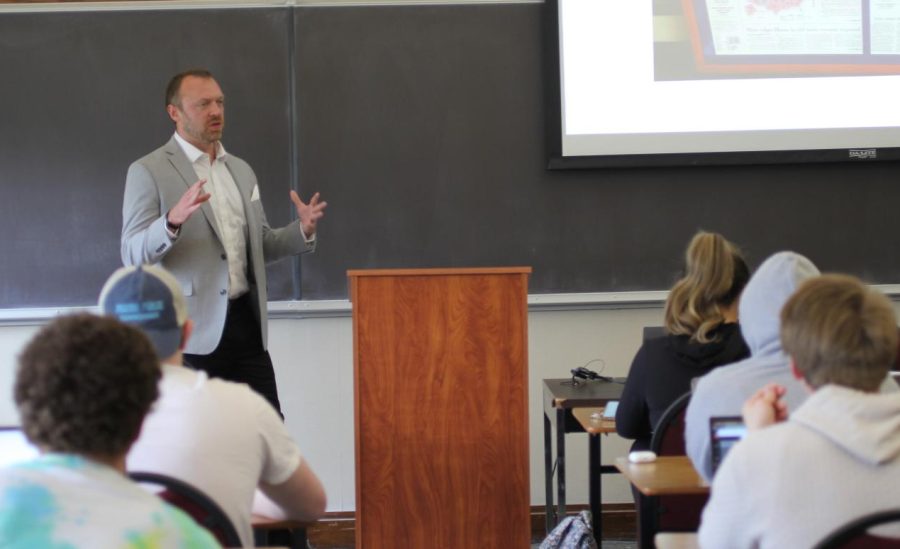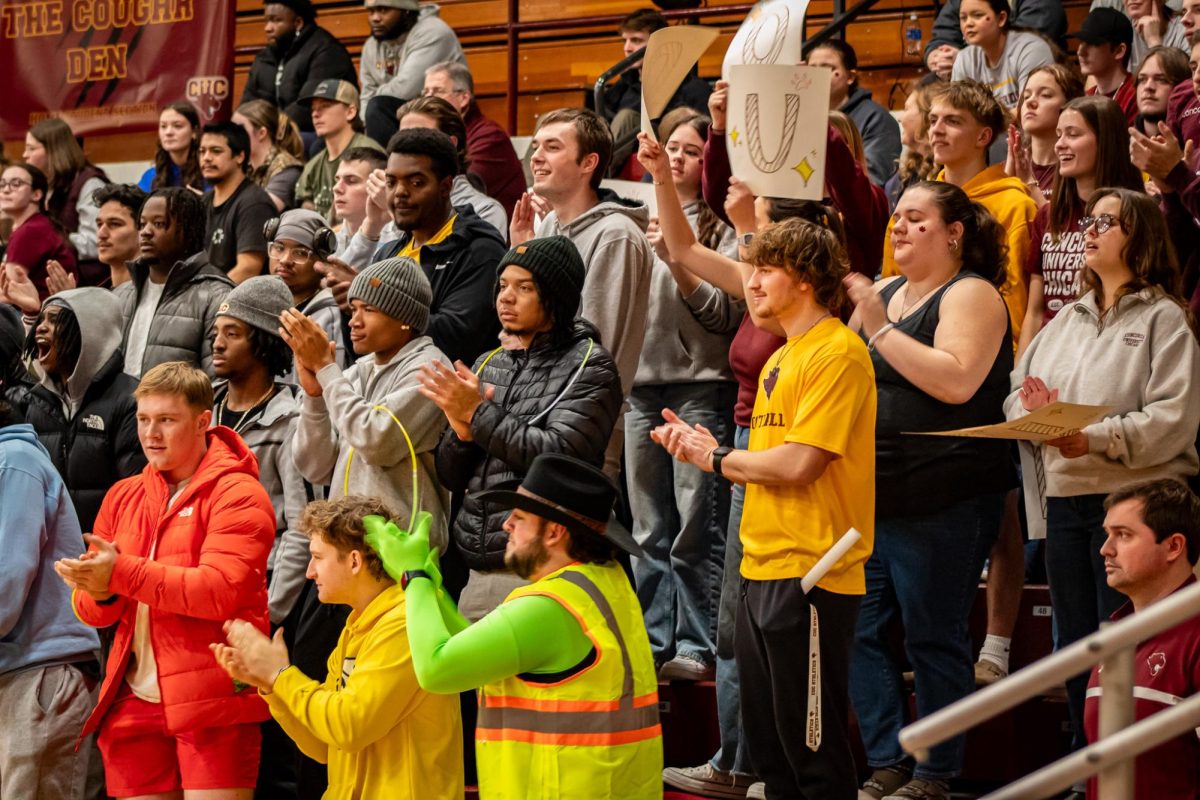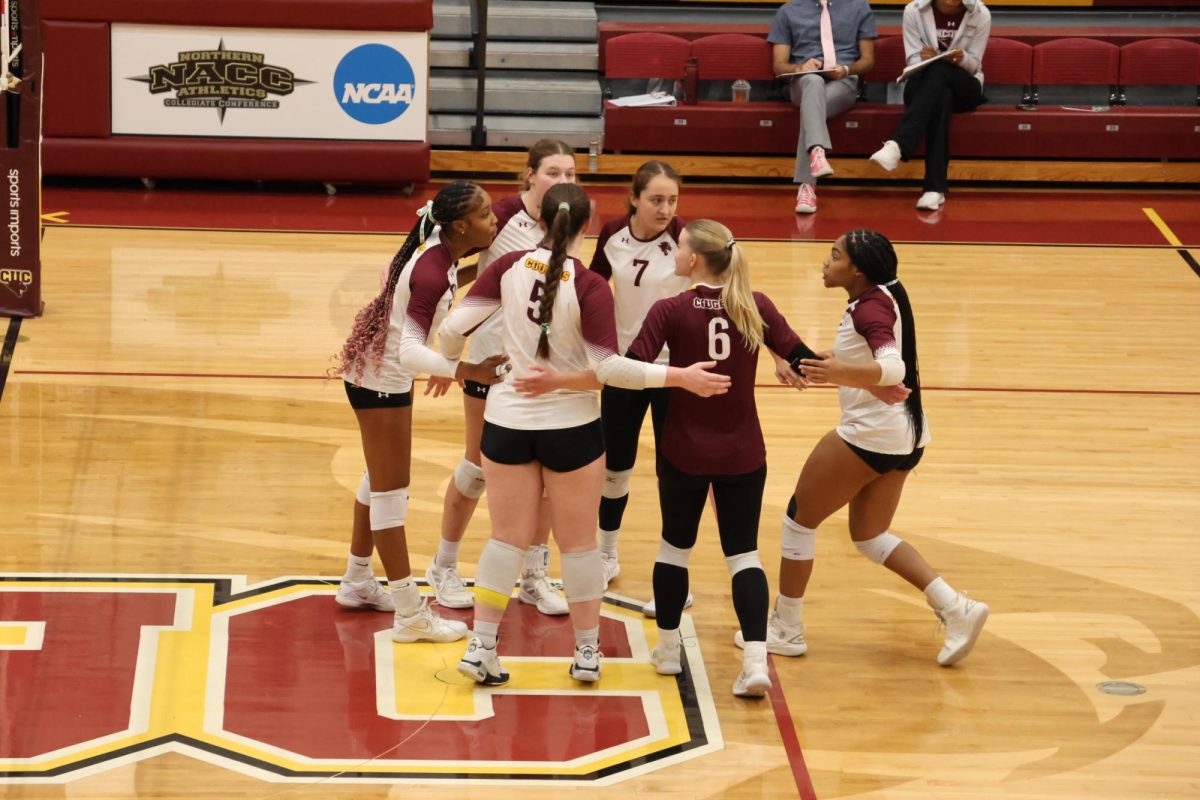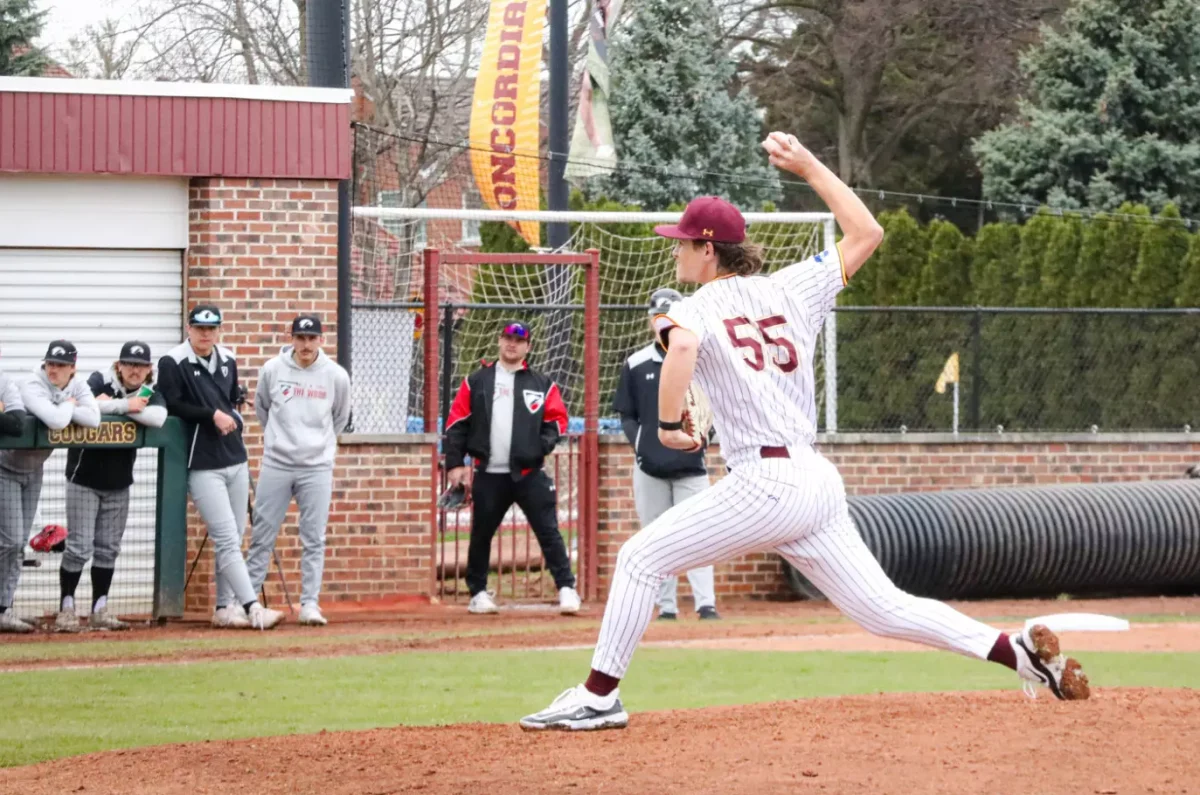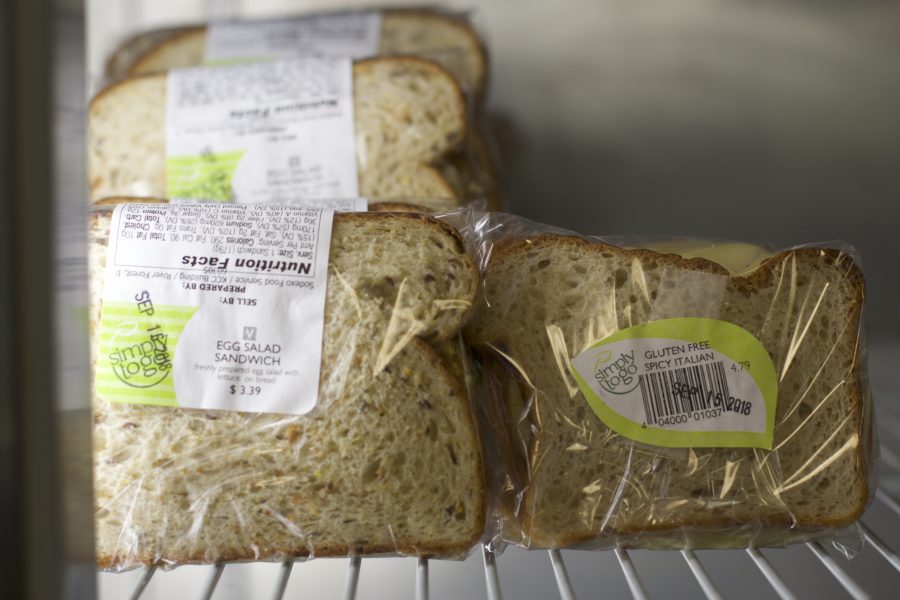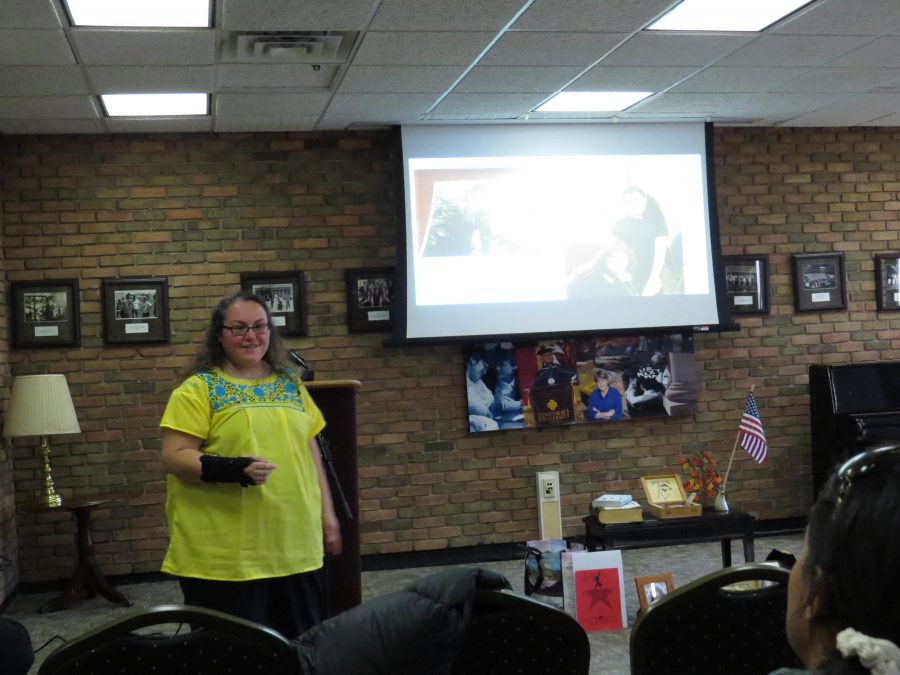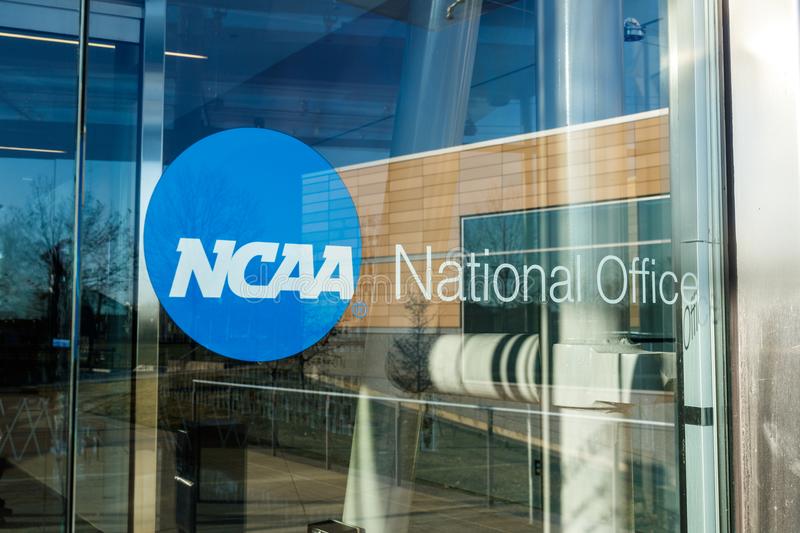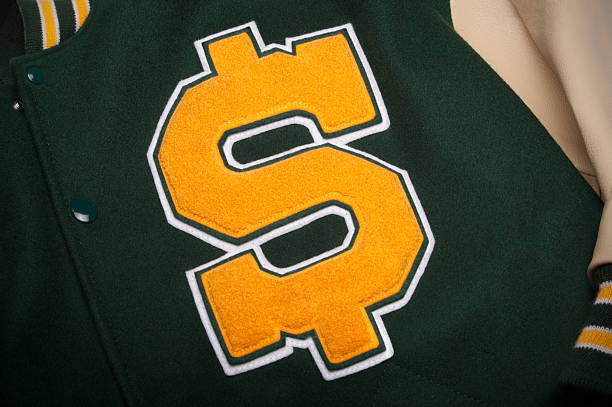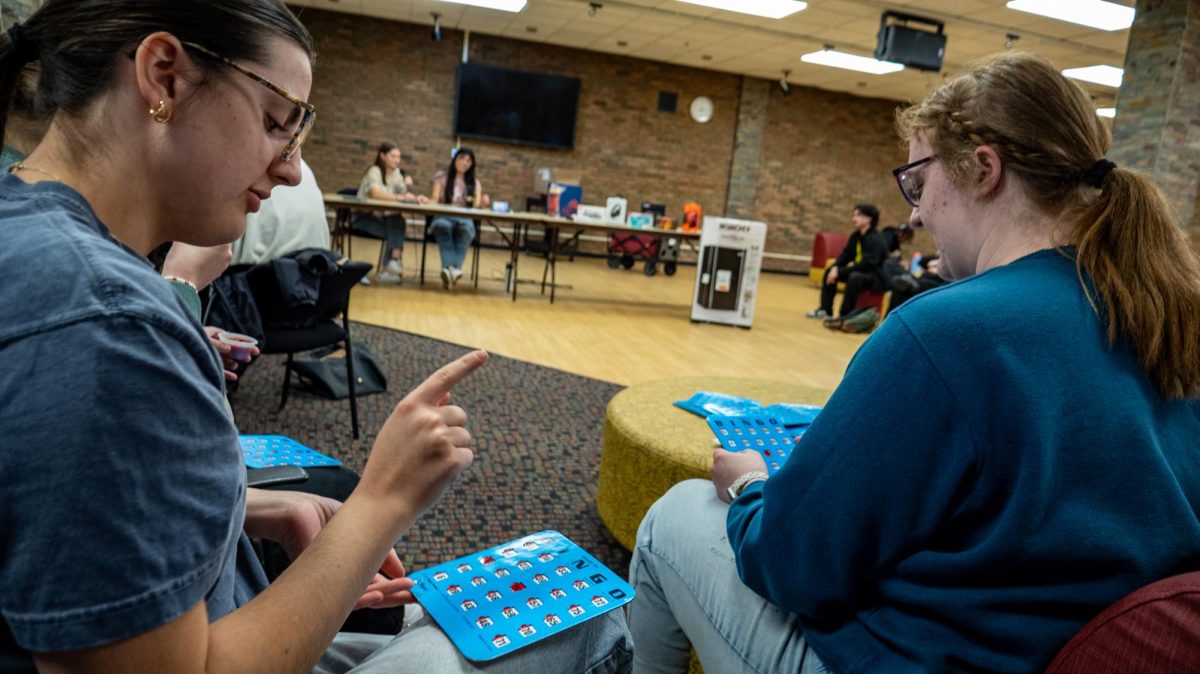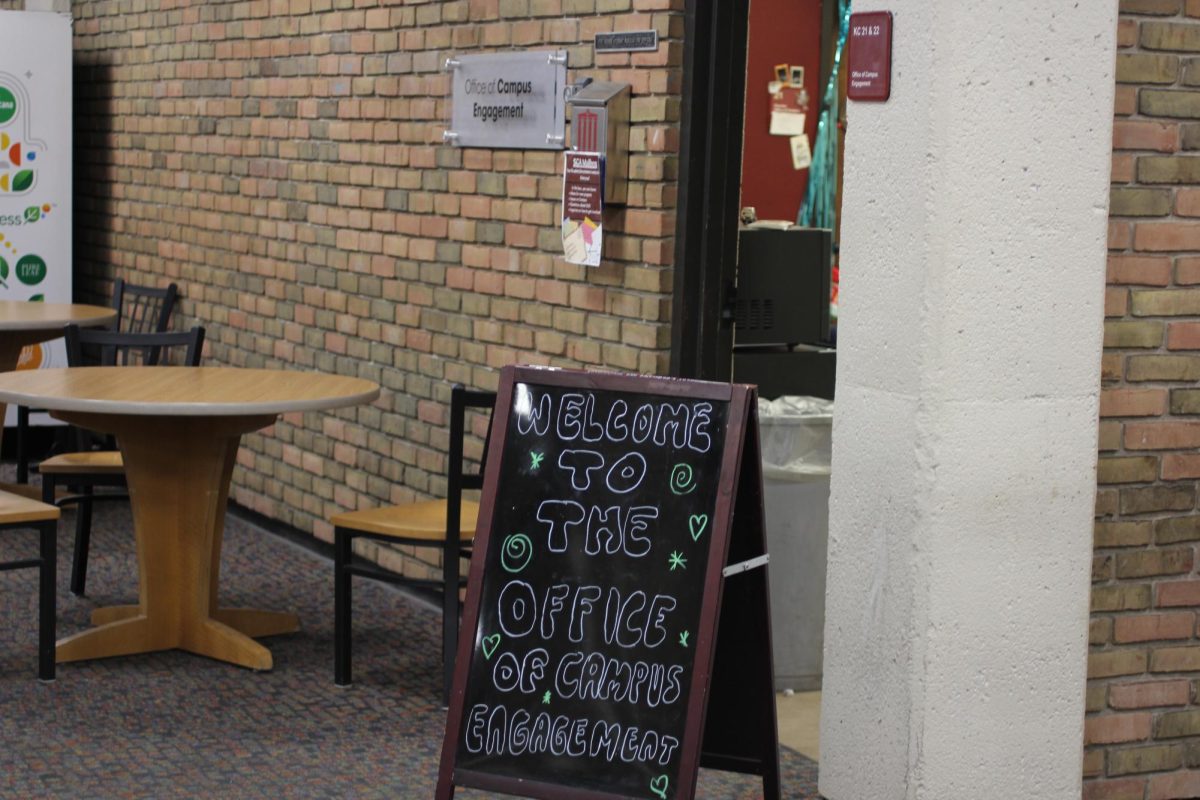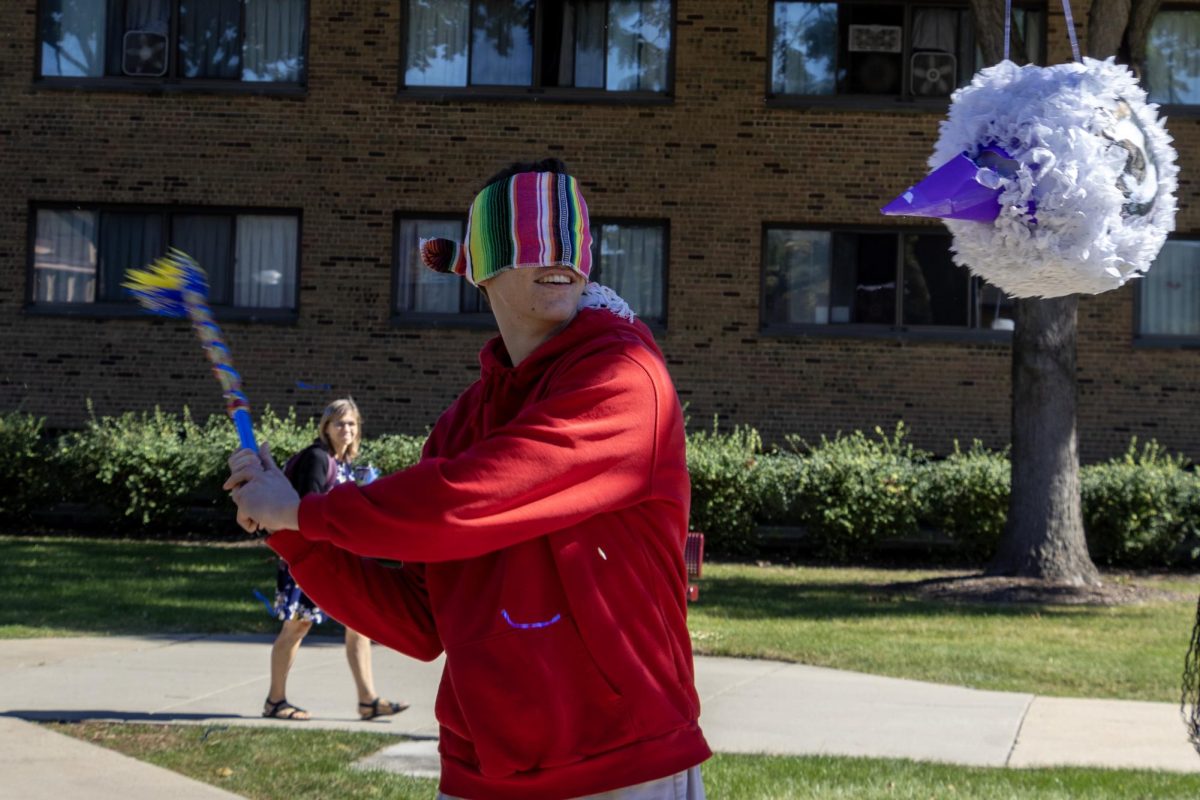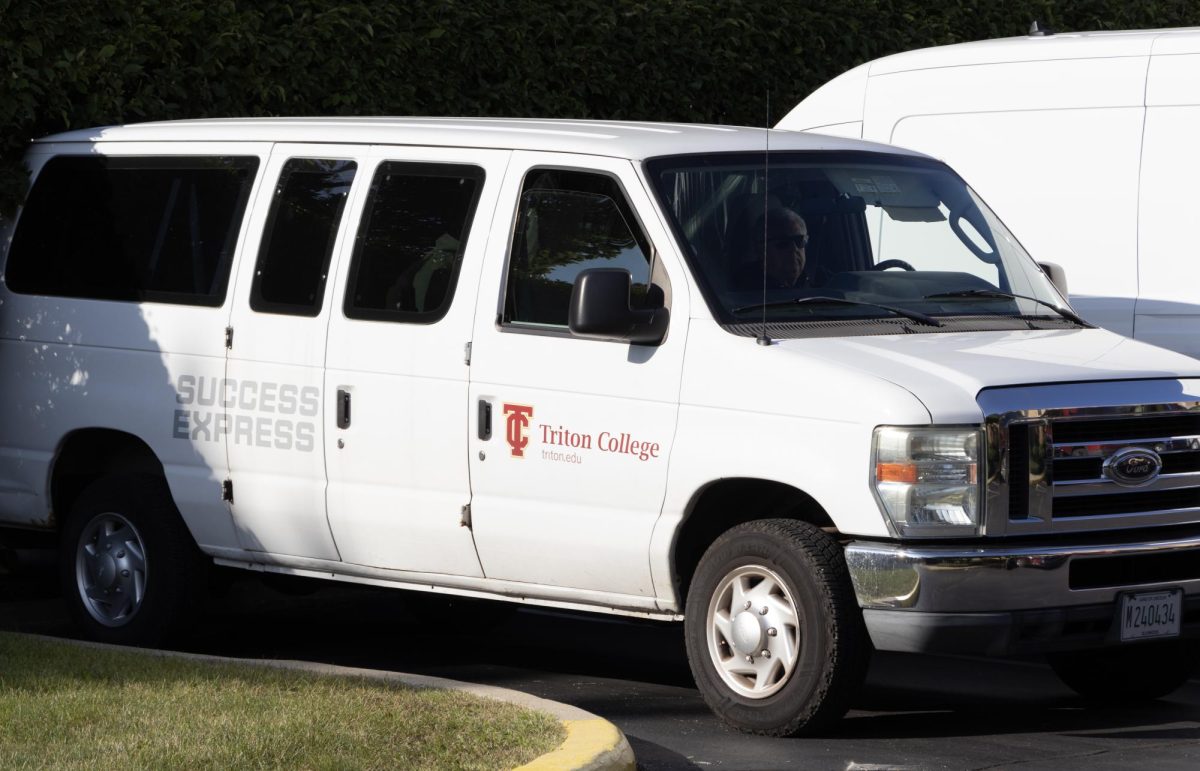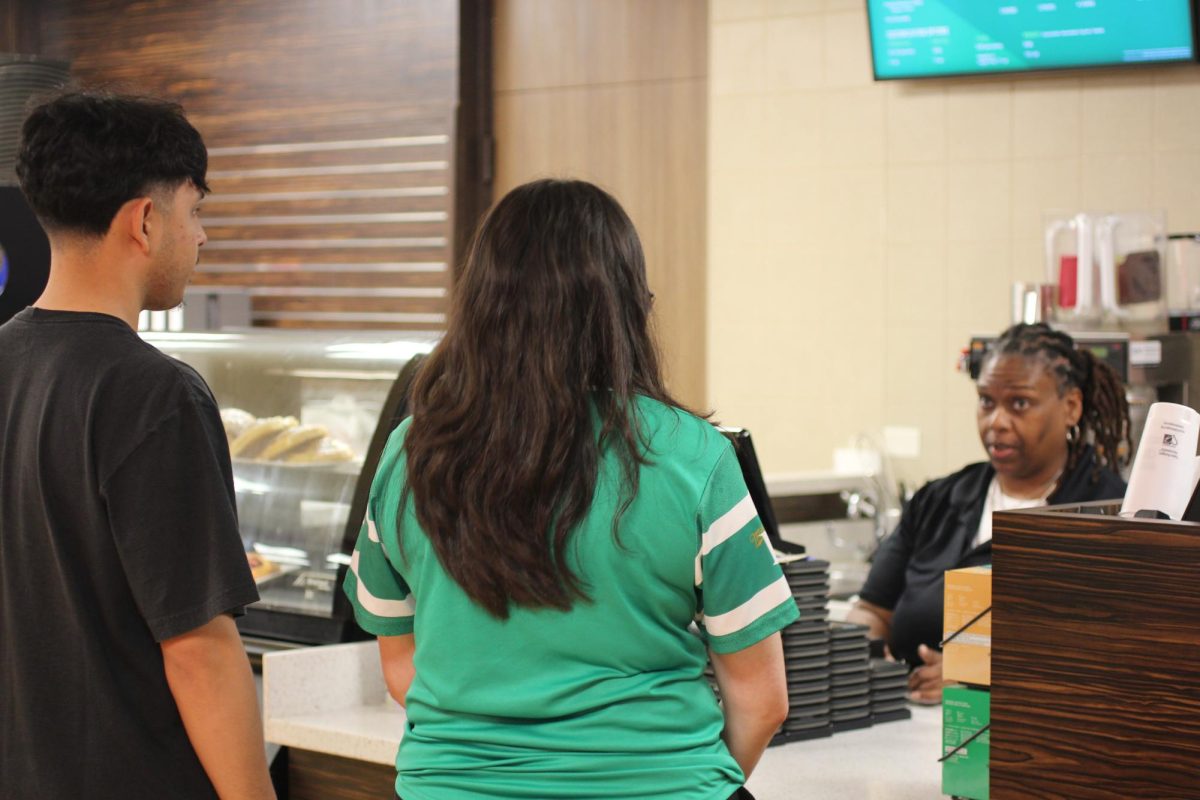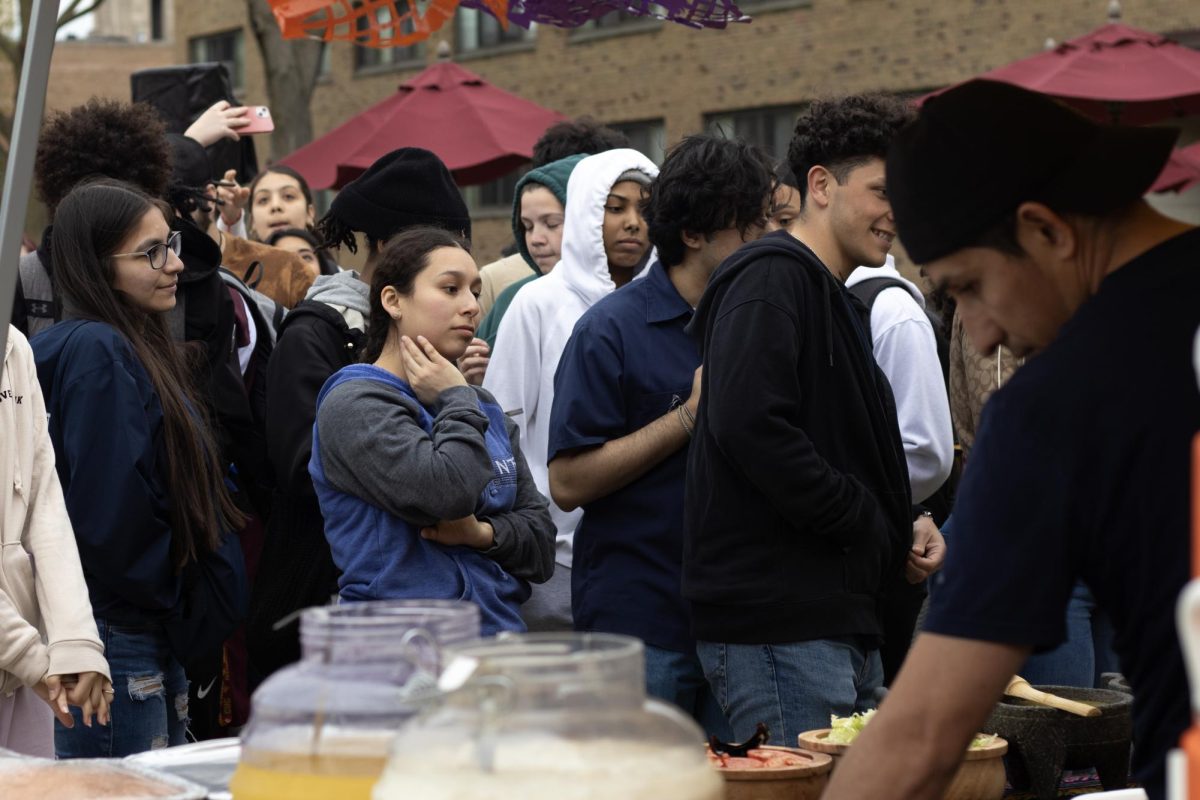If you are an undergraduate student here at Concordia University Chicago, you pay $178 to the “student activity fee” as part of your billing and tuition.
As of fall 2024 there were 1,185 undergraduate students, according to the CUC website. If each student paid that fee, then that would total $210,930. So where is that money going?
“The student activity fee supplements the larger budget for the Office of Campus Engagement,” said Kathy Gebhardt, the dean of students. “It’s a form of revenue that goes into offset expenses — food, dances, homecoming, club money, intramurals, etc.”
Gebhardt did not specify if there was a specific part of the expenses that the student activity fee offsets. However, the Student Government Association’s budget for the 2024-2025 school year was only $2,500, which includes funds normally distributed to many of the university clubs. That means only about 1% of the collected fees are going to the clubs.
In just two years, the budget has been slashed by 78%, down from $4,500 in the 2023-2024 school years.
“Budgets this year are due to smaller enrollment,” said Gebhardt. “There’s less high school graduates coming here, and less high school graduates in general. The budgets have been refined due to fewer students.”
Undergraduate enrollment at CUC has decreased by 9% since 2021, from 1,293 students to 1,185 this past fall. That means that the school has 108 fewer undergraduates than it did three years ago.
But according to CUC’s annual budget report the university has almost $9 million more in assets in 2024 than it did in 2023, according to the annual budget report. At the same time, liabilities did go up by $4 million, which should mean that CUC saw a net growth of around $5 million from last year to this year.
In spite of that growth, the budget for student services as a whole was cut by $3 million, from $25 million in 2023 to $22 million in 2024.
“It’s all about spending, not budget,” said Jamie Hayley, the director of financial planning and analysis at CUC. “It doesn’t matter what you want to spend, it’s how much you actually spend.”
Hayley described CUC’s use of zero-based budgeting to determine spending allocations each year. “It’s a common budget practice,” Hayley said. “We start at zero with the costs and expenses, and then we go from there. Once we’ve removed the costs and expenses, we use what is left over for everything else.”
That means that once all of the expenses are paid, the school weighs what it should do with the money left over. That in itself is a very long process, which goes through many different people.
“The budget goes through the control officer, the cabinet, and the CFO can also make changes,” said Gebhardt. “There’s a lot of back and forth with a lot of eyes on it.”
Hayley added that university president Russell Dawn and the Board of the Regents have the final say over the budget.
As a result of that process, it is almost impossible to say who makes the call to cut the budget in certain places, including the decision that the SGA budget, and the student services budget as a whole, should be reduced.
“I don’t know exactly what happened with the SGA budget,” said Gebhardt. “My guess is that SGA didn’t spend it all, which is why it got cut.”
According to a past SGA treasurer, Gebhardt’s guess was not accurate.
“When I was the SGA treasurer, I made sure to tell SGA and the clubs that we needed to spend all the money,” said Eduardo Hinds, a past treasurer for SGA. “I didn’t want to give the school an excuse to cut the budget by saying that we didn’t spend all of it.”
Gebhardt also said that while the funds cut from this year’s SGA budget did not go to campus engagement, she didn’t know where the SGA money went.
Hayley said that she could not provide the budget for the Office of Campus Engagement. “I don’t know if salaries are included in the budgets, and I can’t show you someone’s salary,” said Hayley.
Due to the new budget tracking system, it is very difficult to find the budgets from two years ago, Hayley said. She also provided a different explanation for what happened to the SGA money.
“It’s not like we take money from one place and move it to another place intentionally,” said Hayley.
In a past interview, Hayley said that the funds at the school are moved around based on needs and what’s communicated.
Still, the fact of the matter is that the SGA budget has been cut, and as a result the clubs are left hoping that the budget will go back up next year.
Dean Gebhardt wants to make sure that SGA and the clubs have the money they need to operate.
“Having no funds for SGA doesn’t sit well with me,” said Gebhardt. “We need to support SGA in the ways that we always intended to.”

